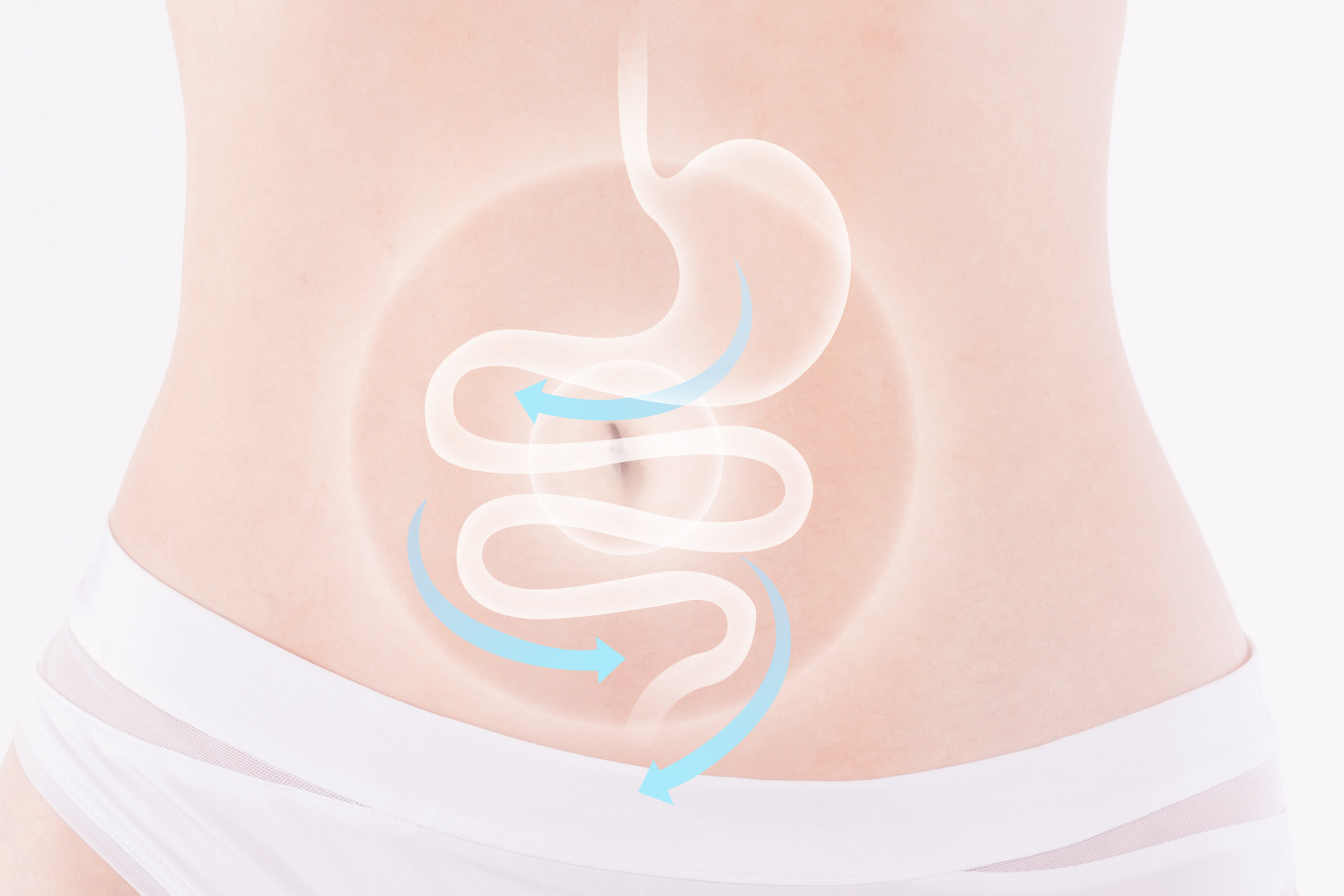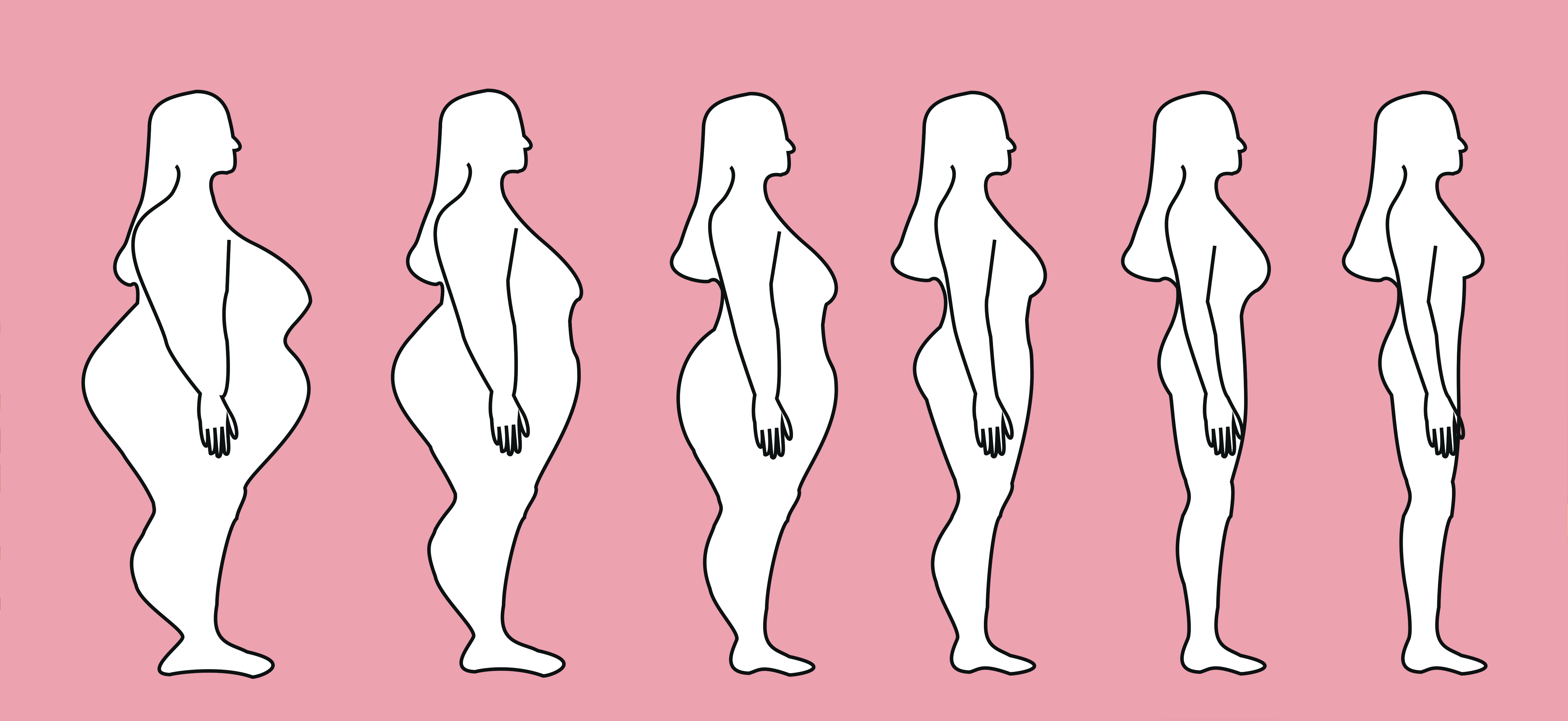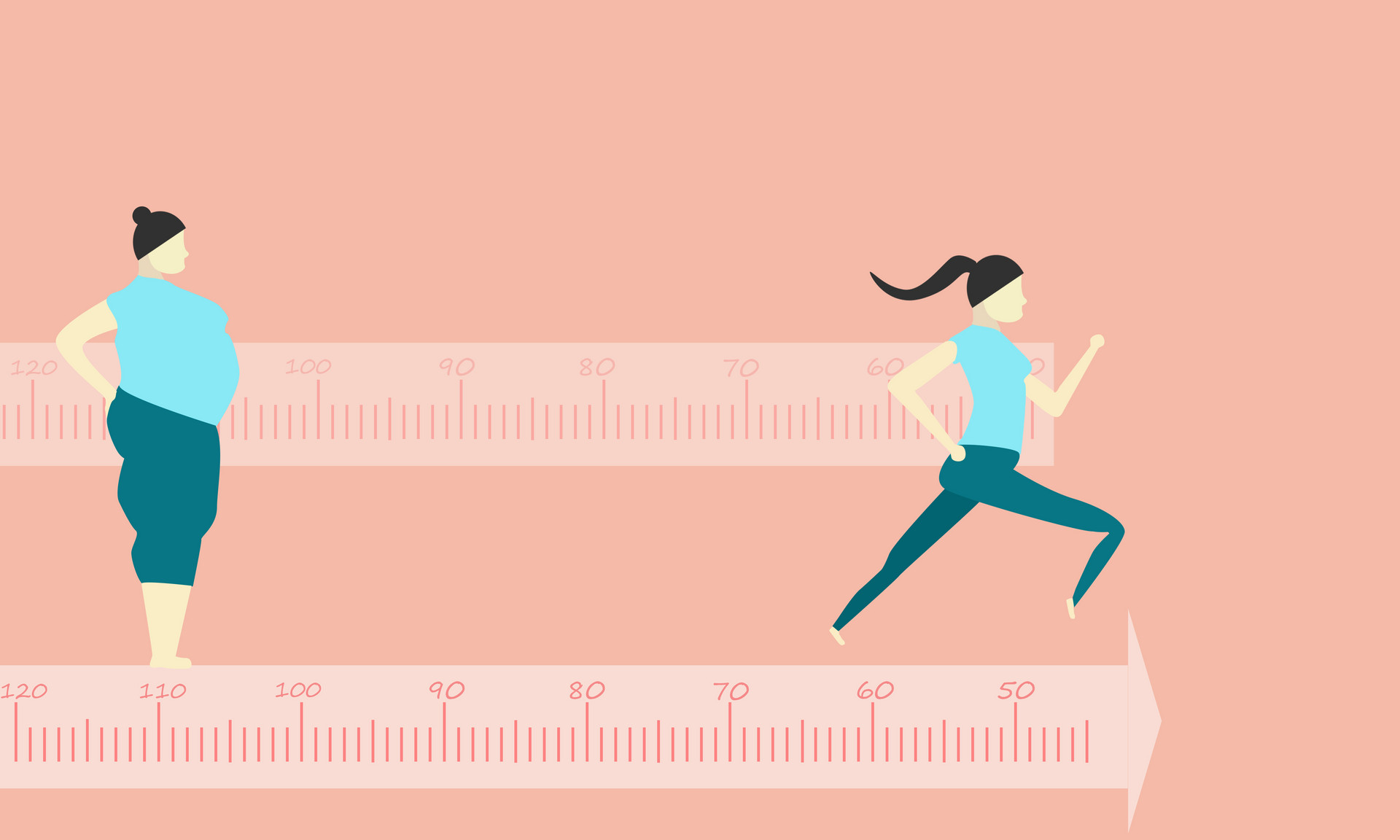Why do we need to lose weight? People may give various answers, such as for health, beauty, or relationships. How many detours or so-called shortcuts have you taken to lose weight? Regardless of whether you are thin or not, you must know and follow these 4 key points about weight loss.
Except for surgical weight loss, other quick weight loss methods are unreliable
The body's fat and weight do not accumulate overnight, so they are not easily reduced quickly. If you want to lose weight overnight, the fastest method is surgical weight loss, such as liposuction or gastric bypass surgery. However, these surgeries come with risks. The so-called quick weight loss methods include dieting, fasting, and weight loss pills.
Firstly, dieting or fasting without medical supervision can lead to rapid weight loss, which can seriously threaten your health and cause conditions like kidney stones, excessive skin sagging, anorexia, fatigue, poor mental state, low blood sugar, menstrual irregularities in females, hair loss, and severe dehydration.
Secondly, blindly using weight loss drugs that contain laxatives can cause diarrhea, dehydration, and rebound weight gain. Drugs containing psychoactive substances can cause insomnia and addiction. Drugs containing appetite suppressants can cause nausea, dizziness, and palpitations. Some weight loss pills even contain banned substances, which not only lead to weight rebound but also harm your health.
Any weight loss method requires dietary adjustments
Whether it is a weight loss personal trainer or a doctor, their advice to obese individuals always includes "controlling diet." This advice includes recommendations like eating moderate portions for three meals a day, consuming more light and high-fiber foods, drinking more water, avoiding late-night snacks, and reducing consumption of fried foods.
Weight gain occurs when daily calorie intake exceeds energy expenditure over time. If calorie intake and energy expenditure are roughly equal, then body weight remains stable. To lose weight, either reduce calorie intake or increase energy expenditure, or do both. Calories come from food and stored energy in the body, and fat storage is the body's way of storing energy. Controlling dietary calories benefits fat metabolism.
Exercise is a great way to burn fat
When the body is in a state of hunger, it first consumes the sugars in the body, particularly glucose in the blood. After that, it starts to burn fat, followed by protein. However, when the body starts to burn fat and protein, it can't handle it and starts to eat. Moreover, when in a state of hunger, the fat burned is mainly visceral fat, which does not significantly affect body shape.
Aerobic exercise can increase metabolism, accelerate calorie expenditure, and increase adrenaline secretion, which promotes fat burning. It can also help "trim" the internal organs and improve blood circulation. On the other hand, anaerobic exercise is more suitable for muscle training but can increase calorie expenditure even during rest.
The key to exercise for weight loss lies in duration and consistency
Firstly, during aerobic exercise, the first 15 minutes or so do not meet the heart rate requirements, so only sugars, not fat, are burned. It is recommended to perform aerobic exercise for no less than 30 minutes each time, excluding warm-up time.
Secondly, occasional or intense exercise once cannot achieve weight loss. It is recommended to start with exercising 2 times a week and gradually increase to around 5 times a week. It is also important to avoid repetitive exercises every day and combine aerobic exercise, muscle training, and stretching exercises.
There are no shortcuts for weight loss. Controlling calorie intake (controlling diet) and increasing energy expenditure are the basic methods.
This article is copyrighted by Sanjiu Health Group. Reproduction without permission is prohibited.












